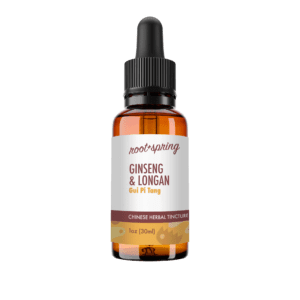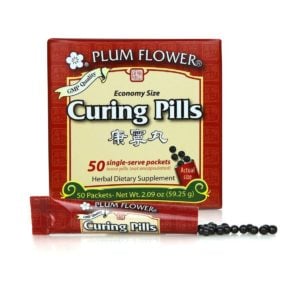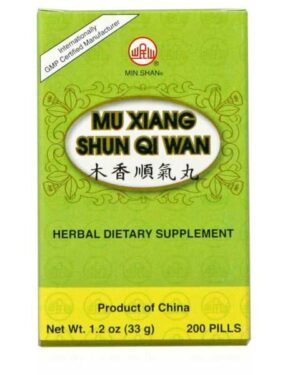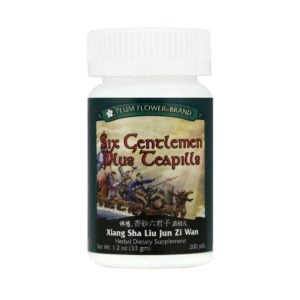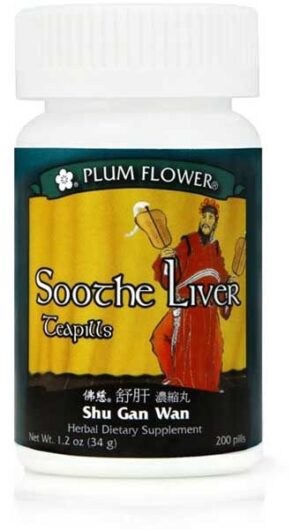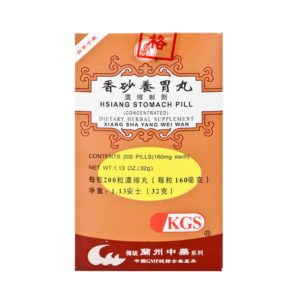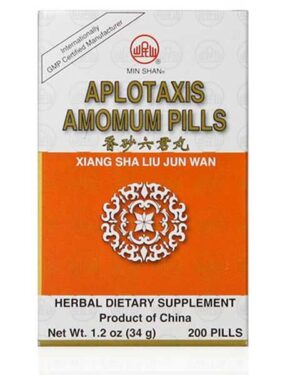Your cart is currently empty!
Mu Xiang
English Name: saussurea, aucklandia, costus root
Pharmaceutical Name: Radix Aucklandiae
Medica Category: Qi-Regulating Herbs
Properties: Mu Xiang enters the Gallbladder, Large Intestine, Spleen, and Stomach channels; it is acrid and bitter in nature and warm in temperature.
What is Mu Xiang?:
The Chinese Herb Mu Xiang is the dried root of the costus plant (Aucklandiae Lappa Decne.), a species of thistle that is cultivated for medicinal use in Yunnan and Guangxi provinces of China.
Traditional Chinese Medicine (TCM) Therapeutic Actions of
Mu Xiang moves/regulates stagnated qi in the Spleen and Stomach (i.e. the gastro-intestinal tract). This type of qi stagnation is characterized by abdominal/epigastric bloating and distention and pain, indigestion, and food stagnation.
Mu Xiang is used in formula along with qi-tonifying herbs to address Spleen qi deficiency, a condition marked by poor appetite, vomiting, and a preference for warmth and pressure applied to the abdomen (i.e. hot water bottle and lying on one’s belly to alleviate the pain).
Mu Xiang enters the Large Intestine channel and is used in formula with other herbs to address damp-heat diarrhea (or dysentery)—which is loose stools with burning sensations and pain, possibly including blood and pus in fecal matter (often accompanied by rectal tenesmus, or feelings of incomplete evacuation after a bowel movement).
Clinical Notes: Damp-heat diarrhea comes from qi stagnation in the Spleen and Stomach inhibiting normal transforming and transporting functions; thus, the water cycle is also inhibited causing the flow of water to stagnate and water to accumulate. This leads to the development of damp-heat in the intestines which finally leads to the presentation of damp-heat diarrhea (or dysentery).
Damp-heat in the middle jiao can beget disharmony between the Liver and Spleen as well, leading to hypochondriac/flank pain along with a bitter taste in the mouth and possibly jaundice. Mu Xiang enters the Gallbladder channel (as well as the Spleen and Stomach) to address this problem.
Products Containing Tag: Mu Xiang – Costus Root – Radix Aucklandiae
-
Gui Pi Tang (Ginseng and Longan) – Liquid Extract (Tincture)
Add to CartStarting at $14.00
-
Plum Flower – Clear Channels (Juan Bi Wan)
Add to Cart$20.13
$26.50 -
Plum Flower – Gui Pi (Gui Pi Wan)
Add to CartStarting at $21.93
-
Plum Flower – Six Gentlemen Plus Teapills (Xiang Sha Liu Zi Wan)
Add to Cart$22.73
$29.80 -
Min Shan – Aplotaxis Amomum Teapills (Xiang Sha Liu Jun Wan)
Add to Cart$13.93
$18.30

